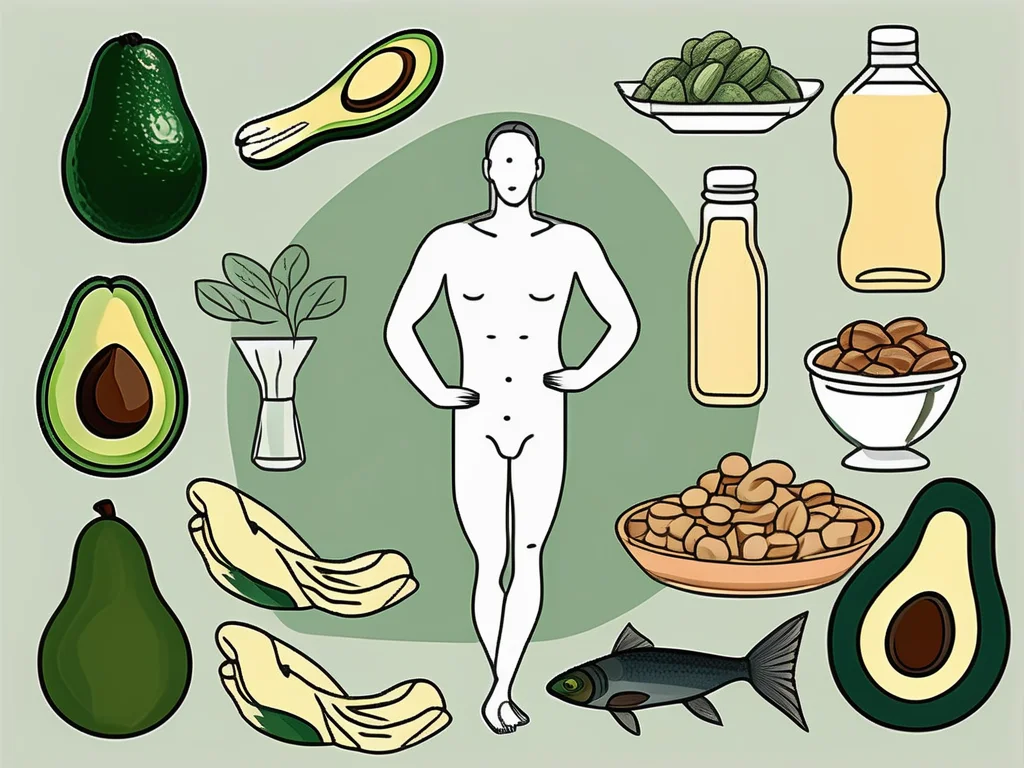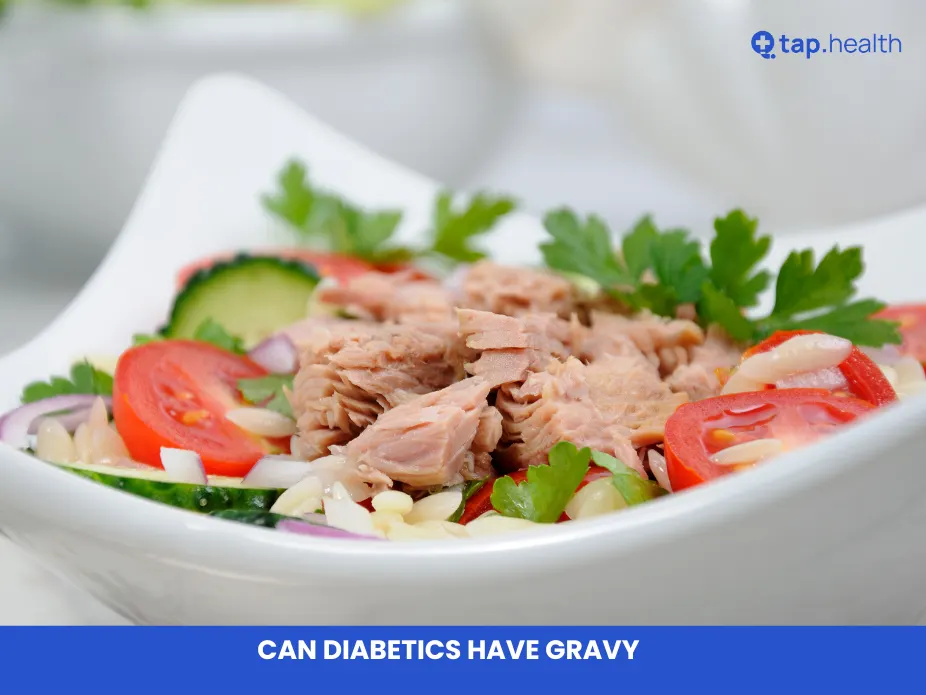Introduction
In today’s health-conscious society, much emphasis is placed on maintaining a balanced diet for optimal well-being. While we often hear about the dangers of consuming excess fat, it is essential to remember that fat plays a crucial role in our bodily functions. In fact, a lack of fat can lead to various health issues, including specific diseases. In this article, we will explore the consequences of fat deficiency and delve into the diseases that can arise from its absence.
Fats are an essential macronutrient that provides energy, supports cell growth, and helps the body absorb certain nutrients. They are also vital for brain function, as the brain is composed of nearly 60% fat. Without an adequate intake of healthy fats, cognitive function may be compromised, leading to issues such as poor memory, lack of focus, and even mood disorders. Additionally, fats are necessary for the production of hormones, including those involved in regulating metabolism, reproduction, and stress response.
It is important to differentiate between healthy fats, such as those found in avocados, nuts, and olive oil, and unhealthy fats like trans fats found in processed and fried foods. While excessive consumption of unhealthy fats can contribute to various health problems, including heart disease and obesity, a moderate intake of healthy fats is crucial for overall well-being. By understanding the role of fats in the body and making informed dietary choices, individuals can maintain a healthy balance and support their long-term health.
Understanding Fat and its Importance
Fat, often vilified, is a macronutrient that plays a vital role in our bodies. It provides insulation, protection for our organs, and serves as a source of energy. Additionally, fat aids in the absorption of fat-soluble vitamins and essential fatty acids that are crucial for proper body function.
Moreover, fat is a fundamental component of cell membranes and plays an integral role in hormone production. It acts as a precursor for hormones such as estrogen and testosterone, regulating various bodily processes. Without an adequate intake of fat, these processes can be disrupted, leading to specific diseases.
It is important to differentiate between different types of fats. Unsaturated fats, found in foods like avocados, nuts, and olive oil, are considered healthy fats that can help lower bad cholesterol levels and reduce the risk of heart disease. On the other hand, saturated fats, commonly found in red meat and dairy products, can raise cholesterol levels and increase the risk of heart disease if consumed in excess.
Furthermore, trans fats, often found in processed and fried foods, are considered the unhealthiest fats. They not only raise bad cholesterol levels but also lower good cholesterol levels, significantly increasing the risk of cardiovascular diseases. Reading food labels and being mindful of the types of fats consumed is crucial for maintaining a healthy diet and overall well-being.
Consequences of Fat Deficiency
Avoiding fat altogether can result in severe consequences for our health. Fat deficiency can lead to nutritional deficiencies, hormonal imbalances, and growth and developmental abnormalities. Furthermore, the lack of fat can affect our skin and hair health, causing noticeable issues.
One of the essential roles of fats in the body is to aid in the absorption of fat-soluble vitamins such as vitamins A, D, E, and K. Without an adequate amount of fat in the diet, the body may struggle to absorb these crucial vitamins, leading to deficiencies that can result in various health problems.
Moreover, fats are a vital source of energy for the body, especially during times of prolonged physical activity or fasting. In the absence of sufficient dietary fat, the body may start breaking down muscle tissue for energy, which can have negative implications on muscle mass and overall strength.
Essential Fatty Acid Deficiency (EFAD)
One of the primary consequences of fat deficiency is Essential Fatty Acid Deficiency (EFAD). Essential fatty acids, such as omega-3 and omega-6, are crucial for brain development, regulating inflammation, and maintaining healthy skin. Without an adequate intake of these fatty acids, individuals may experience mental and physical health issues.
Symptoms of EFAD include dry, scaly skin, hair loss, fatigue, and poor wound healing. If left untreated, EFAD can lead to more severe conditions, such as impaired cognitive function and compromised immune system.
Omega-3 fatty acids, found in fatty fish like salmon and mackerel, play a vital role in reducing inflammation in the body. They are also essential for the development and function of the brain and nervous system. On the other hand, omega-6 fatty acids, commonly found in vegetable oils, are important for skin health, hormone production, and cell structure.
It is crucial to maintain a balance between omega-3 and omega-6 fatty acids in the diet to support overall health and well-being. While omega-3 fatty acids are typically more lacking in Western diets, an excess of omega-6 fatty acids relative to omega-3s can promote inflammation and contribute to various chronic diseases.
Fat-Soluble Vitamin Deficiencies
In addition to essential fatty acids, fat is necessary for the absorption of fat-soluble vitamins – A, D, E, and K. Without sufficient dietary fat, individuals may suffer from vitamin deficiencies, which can lead to various health complications.
Vitamin A deficiency may cause vision problems, compromised immune system, and reduced growth. Vitamin D deficiency can result in weakened bones, muscle weakness, and an increased risk of fractures. Vitamin E deficiency can lead to muscle weakness and impaired balance, while vitamin K deficiency can result in abnormal bleeding and impaired blood clotting.
Growth and Developmental Issues
Fat plays a crucial role in the growth and development of children, as it provides energy and aids in the absorption of essential nutrients. A lack of fat in children’s diets can lead to stunted growth, delayed sexual development, and cognitive impairments.
Fat is crucial for the formation of the fetal nervous system and overall growth.
Hormonal Imbalance
As mentioned earlier, fat is involved in the production and regulation of hormones in our bodies. Insufficient fat intake can disrupt hormonal balance, leading to various health issues. Hormonal imbalances can result in irregular menstrual cycles, fertility problems, mood swings, and reduced libido.
Moreover, hormones play a significant role in metabolic regulation. Disruptions in hormone levels due to fat deficiency can contribute to metabolic disorders, such as insulin resistance and diabetes.
Skin and Hair Problems
Lack of fat in the diet can manifest in visible issues on the skin and hair. Adequate fat intake is essential for maintaining healthy skin and hair, as it provides moisture and nourishment. Fat deficiency can lead to dry, flaky skin, brittle nails, and dull, lifeless hair.
Furthermore, fat serves as a protective layer for the skin, shielding it from environmental factors like sun damage. Without the necessary fat, the skin becomes more susceptible to damage and premature aging.
Identifying Fat Deficiency Diseases
Recognizing the symptoms of fat deficiency diseases is crucial for prompt diagnosis and treatment. These symptoms may include fatigue, weakness, dry skin, hair loss, hormonal irregularities, and impaired growth. If you experience any of these symptoms, it is essential to consult a healthcare professional for a proper evaluation.
Prevention and Treatment Strategies
Incorporating fat into a balanced diet is crucial for averting fat deficiency diseases. To prevent these diseases, individuals should opt for a varied diet that includes healthy fat sources, such as avocados, nuts, seeds, and fatty fish. We should remember that it’s important to consume fat in moderation, as excessive intake can lead to weight gain and other health issues.
Dietary Modifications
For individuals at risk of or already suffering from fat deficiency diseases, dietary modifications are necessary. A registered dietitian or healthcare professional can assess the specific needs of the individual and provide guidance on an appropriate diet plan.
Introducing healthy fats gradually into the diet and monitoring the intake of fat-soluble vitamins and essential fatty acids is crucial. Additionally, maintaining a balanced diet rich in other vital nutrients is essential for overall health.
Supplementation
In some cases, dietary modifications alone may not be sufficient to meet the fat requirements of individuals with fat deficiency diseases. In such instances, healthcare professionals may recommend supplementation to ensure adequate fat intake.
Healthcare professionals can prescribe fish oil capsules or specific fat-soluble vitamins to address deficiencies and support overall health. However, it is crucial to consult with a healthcare professional before starting any supplementation regimen.
Medical Intervention
In severe cases of fat deficiency diseases where dietary modifications and supplementation do not suffice, medical intervention may be necessary. Healthcare professionals will assess the individual’s condition and determine the most appropriate course of treatment. This may involve intravenous administration of fats or other interventions tailored to the specific needs of the individual.
Conclusion
Our body needs fat, despite recent negative reputation, for its crucial role in our health. Fat deficiency can lead to various diseases, including Essential Fatty Acid Deficiency, fat-soluble vitamin deficiencies, and growth and developmental issues.
By understanding the importance of fat and making conscious dietary choices, we can prevent these diseases and promote overall well-being. It’s important to include healthy fats in our diet for optimal health and to prevent fat deficiency diseases.





